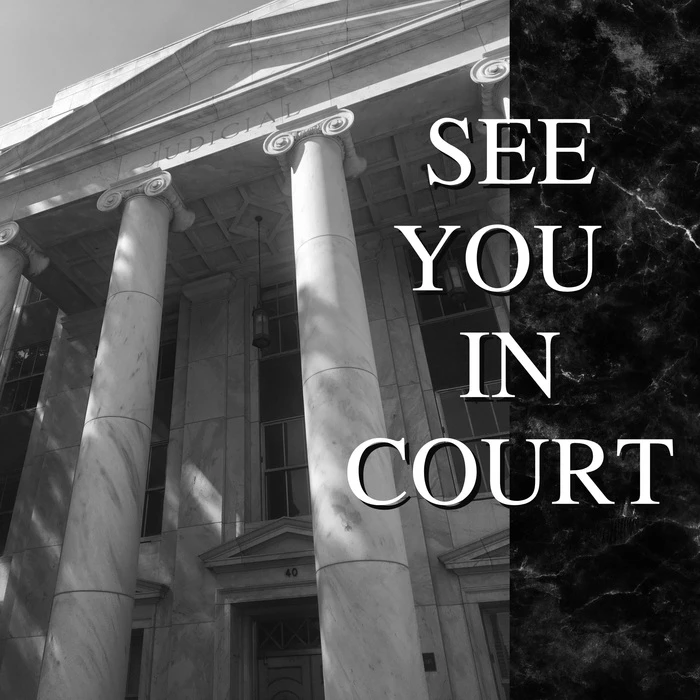Jurors play a critical role in the civil and criminal justice systems. As finders of fact, they must weigh evidence and make monumental decisions that can change lives. So how exactly do jurors go about making these important choices? Let’s explore the decision-making process and how innovations in Georgia’s jury system can lead to more informed, unbiased verdicts.
Jurors’ Attitudes or Behaviors During Trial
Jurors don’t enter the courtroom as blank slates. Their perceptions, assumptions, and biases inevitably influence how they view evidence. Careful, active voir dire (link to jury selection article) can help uncover prejudices and lead to a more impartial jury. Ongoing behavioral observations also provide insight into juries’ leanings.
Jurors’ Expectations and/or Beliefs
Early on, jurors develop tentative theories or “story models” about what happened. These expectations shape how jurors interpret subsequent evidence. Attorneys must detect and directly address any misconceptions before they become cemented.
Jurors Acting as Information Processors
Jurors filter evidence through the lens of their own experiences and knowledge. Effective attorneys aim to present information clearly, simply, and in line with jurors’ frames of reference. Breaking complex concepts into understandable components is key.
Evidence Representation and Presentation
Visual aids, physical demonstrations, and other innovations improve jurors’ comprehension and recall of evidence. When jurors can literally see or feel the evidence, they better grasp technical or confusing concepts.
The Impact of Jury Deliberations
After the trial, jurors enter the deliberation room to discuss evidence and reach a verdict. The dynamics of these interactions can significantly influence the outcome. Jurors may sway each other or become entrenched in their positions. Some may dominate while others stay silent. Deliberation innovations like allowing juror questions during trial and structured deliberation models aim to improve the process.
Subscribe To Our See You in Court Podcast To Learn More About The Georgia Civil Justice System
Advanced analytics, psychology, and technology are transforming the jury process. With careful jury selection and evidence presentation, attorneys can assist jurors in soundly fulfilling their role as arbiters of justice.
The See You in Court podcast provides insider perspectives on innovations in Georgia’s civil justice system. Interviews with legal experts shed light on how jurors process information and reach verdict decisions. Visit our website and don’t forget to subscribe to our See You in Court podcast YouTube channel to get notified when new videos are posted.


